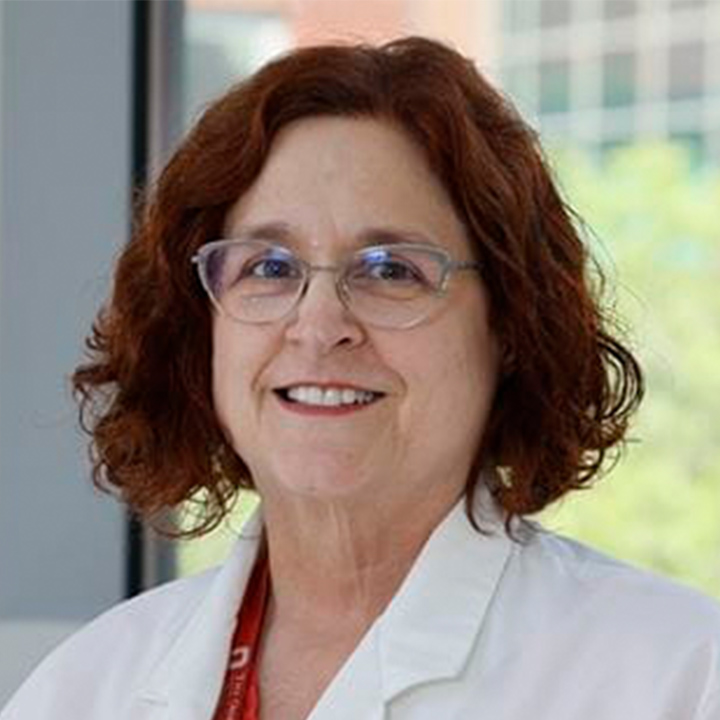- About this researcher
Beth Lee, PhD
Associate Professor
Physiology and Cell Biology

Academic information
- Department: Physiology and Cell Biology
Research interests
- Skeletal Biology
- Renal Biology
About
Biography
The Lee lab has interests and expertise in both skeletal and renal biology. Most recently, major projects are focused on the role of cytoskeletal proteins in regulating the function of cells responsible for the formation and maintenance of bone, the osteoblasts and osteoclasts. The use of mouse genetic models, coupled with a variety of cell biology techniques, allows us to determine the function of cytoskeletal proteins in skeletal growth and health.
In recent years, we have focused on the roles of myosin and tropomyosin isoforms in osteoclast function. Our current research is focused on regulators of Rho signaling in bone cells. The small GTPase Rho is a modifier of actin rearrangement in cells, and therefore plays key roles in cell morphology, migration, and importantly for bone health, mechanosignaling. Rho activity is regulated by proteins that stimulate its activity, the RhoGEFs, and by proteins that inhibit its activity, the RhoGAPs. Numerous RhoGEFs and RhoGAPs are expressed by the mammalian genome and play distinct roles due to their cellular and subcellular distribution.
We have identified an unconventional myosin, Myo9B, as playing a key role in skeletal health due its function as a motorized RhoGAP. We found that the absence of Myo9B in mice suppresses the pubertal growth spurt and causes osteoporosis in a sex-specific manner due to its necessary role in mediating growth factor signaling in osteoblasts. Continuing studies will address additional mediators of cytoskeletal-based signaling in bone.
Credentials
Education
- Postdoctoral
- Stanford University School of Medicine, Stanford, CA, United States
- PhD
- Stanford University, School of Medicine, Stanford, CA, United States
Research
Research interests
- Skeletal Biology
- Renal Biology
